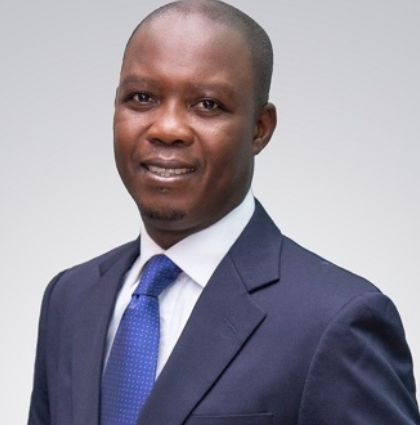The Ghanaian Parliament has formally established its Appointments Committee, a crucial body responsible for vetting and recommending individuals nominated by the President for various key positions. This committee plays a pivotal role in ensuring the suitability and competence of those appointed to ministerial roles, deputy ministerial positions, and other constitutionally mandated offices. The composition of the committee reflects the balance of power within Parliament, with representation from both the majority and minority parties. This bipartisan structure is designed to promote fairness, transparency, and accountability in the appointment process, safeguarding the interests of the nation and upholding the principles of good governance.
The leadership of the Appointments Committee comprises seasoned parliamentarians selected for their experience and understanding of the demands of their respective roles. The First Deputy Speaker, Bernard Ahiafor, will chair the committee, providing guidance and ensuring the smooth conduct of proceedings. Emmanuel Armah-Kofi Buah will serve as the Vice Chairperson, supporting the chair and contributing to the efficient management of the committee’s responsibilities. From the minority side, Alexander Afenyo-Markin, the Minority Leader, has been appointed as the Ranking Member, a crucial position that provides a platform for the minority party to express its views and participate fully in the vetting process. This role ensures that alternative perspectives are considered and that the committee’s recommendations are well-rounded and reflective of diverse viewpoints. Patricia Appiagyei will serve as the Deputy Ranking Member, further strengthening the minority’s representation within the committee.
The Appointments Committee’s primary function is to thoroughly scrutinize the qualifications, experience, and suitability of presidential nominees. This involves reviewing the nominees’ backgrounds, conducting interviews, and assessing their responses to questions posed by committee members. The committee’s deliberations are guided by the Constitution of Ghana and relevant legislation, ensuring that appointments adhere to the highest legal and ethical standards. The committee’s recommendations are then presented to Parliament for final approval or rejection. This multi-layered process reinforces the principle of checks and balances within the government and promotes public confidence in the appointment process.
The formation of the Appointments Committee is a significant step in the parliamentary process, particularly following a new presidential term or significant changes in government composition. It marks the beginning of a rigorous and transparent process for filling key government positions. The committee’s work is crucial for ensuring that competent and qualified individuals are appointed to serve the nation. Its bipartisan structure fosters collaboration and consensus-building, promoting a unified approach to the important task of selecting individuals to hold positions of public trust.
The Majority Leader, Dr. Cassiel Ato Forson, presented the report on the composition of the Appointments Committee to Parliament on January 8, 2025. His presentation emphasized the importance of the committee’s work and the careful consideration given to its composition. The ratio of representation within the committee, 183 to 88, reflects the overall composition of Parliament and ensures that the committee’s deliberations are representative of the broader political landscape. The adoption of the report and the approval of the committee’s membership marked the official commencement of the committee’s work, paving the way for the vetting process to begin.
The establishment of the Appointments Committee embodies the principles of democratic governance and accountability. It ensures that the process of appointing individuals to key government positions is transparent, fair, and based on merit. The committee’s work contributes significantly to the effective functioning of government by ensuring that qualified and competent individuals occupy positions of authority. This meticulous process strengthens public trust in the government’s ability to select individuals who will serve the nation’s best interests. The committee’s commitment to thorough scrutiny and balanced representation underscores its crucial role in upholding the principles of good governance in Ghana.


